Plan Smart, Spend Right: Budgeting and Seasonal Forecasts With QuickBooks
Plan With Real Numbers, Adjust Fast, Finish Strong
Use QuickBooks inside the Savor Live workflow to set monthly budgets, forecast seasonal swings, and keep spending in line. Build a simple plan by location or class, then compare actuals to plan as the month unfolds. When numbers drift, you can course correct early rather than fix surprises later.
Budgets work best when they match how your cafe operates day to day. Savor Live tracks sales and items in real time, while QuickBooks turns that stream into clean budgets and reports you can trust.
Set monthly targets by location or class
Model slow seasons and holidays in a few clicks
Track actuals vs plan mid month, not just month end
Adjust staffing, purchase orders, and promos with confidence
Build Budgets That Match Your Floor
Start with last year’s sales and this year’s goals. Break targets into clear buckets so managers know what they control.
Sales, cost of goods, labor, occupancy, marketing
Location level budgets with class tags for daypart or category
Simple notes that explain big assumptions
A calendar view that shows peaks like holidays and events
With a baseline in place, layer seasonality on top. Morning rush in winter, tourist spikes in summer, campus cycles in fall. Your plan should reflect the way your guests actually buy.
Forecast Holidays and Slow Weeks
Holidays and school breaks shift traffic. Plan for them so inventory and labor are ready.
Copy last year’s holiday week and adjust for growth
Add promo lifts for gift cards and beans in December
Lower assumptions for mid January, then plan a streak offer
Set curbside and order ahead targets during rain days
Now map these assumptions to a cash view. If sales dip, what will you change. If sales surge, what will you stock.
Compare Actuals to Plan and Act Early
Do not wait for month end. A quick mid month check helps you steer.
Daily sales pacing chart vs the plan
Cost of goods percent trend, with item mix details
Labor percent by day, with overtime flags
Marketing spend vs return on each promotion
If you are behind plan on week one, adjust week two. Feature faster prep items, launch a simple combo, or move one shift to line busting. If you are ahead, lock in best sellers, secure stock, and protect your margins.
Use Location and Class to See the Truth
Roll up for the big picture, then zoom down to what changed.
Location comparison to find standouts and gaps
Class level views like espresso, cold bar, pastry
Hourly charts that reveal overstaffed windows
Item level profit so you promote what pays
Quick Start Setup
Keep it light. You can refine later.
Import last year actuals and set this year growth targets
Create location and class budgets with notes
Add holiday and event adjustments to the calendar
Turn on pacing dashboards for sales, COGS, and labor
Schedule a 15 minute weekly review with managers
Fixes That Protect Profit
Small changes add up when they are made on time.
Trim low margin promos and replace with wallet bonuses
Swap slow sellers during peak hours for faster items
Tighten purchase orders to match the updated forecast
Rebalance shifts to cover true rush windows
What to Track Every Week
A short scorecard keeps everyone aligned.
Sales vs plan, month to date and week to date
COGS percent vs plan, with top five drivers
Labor percent vs plan, overtime hours flagged
Promo lift, average ticket, and repeat rate
Cash flow outlook through the next holiday or event

